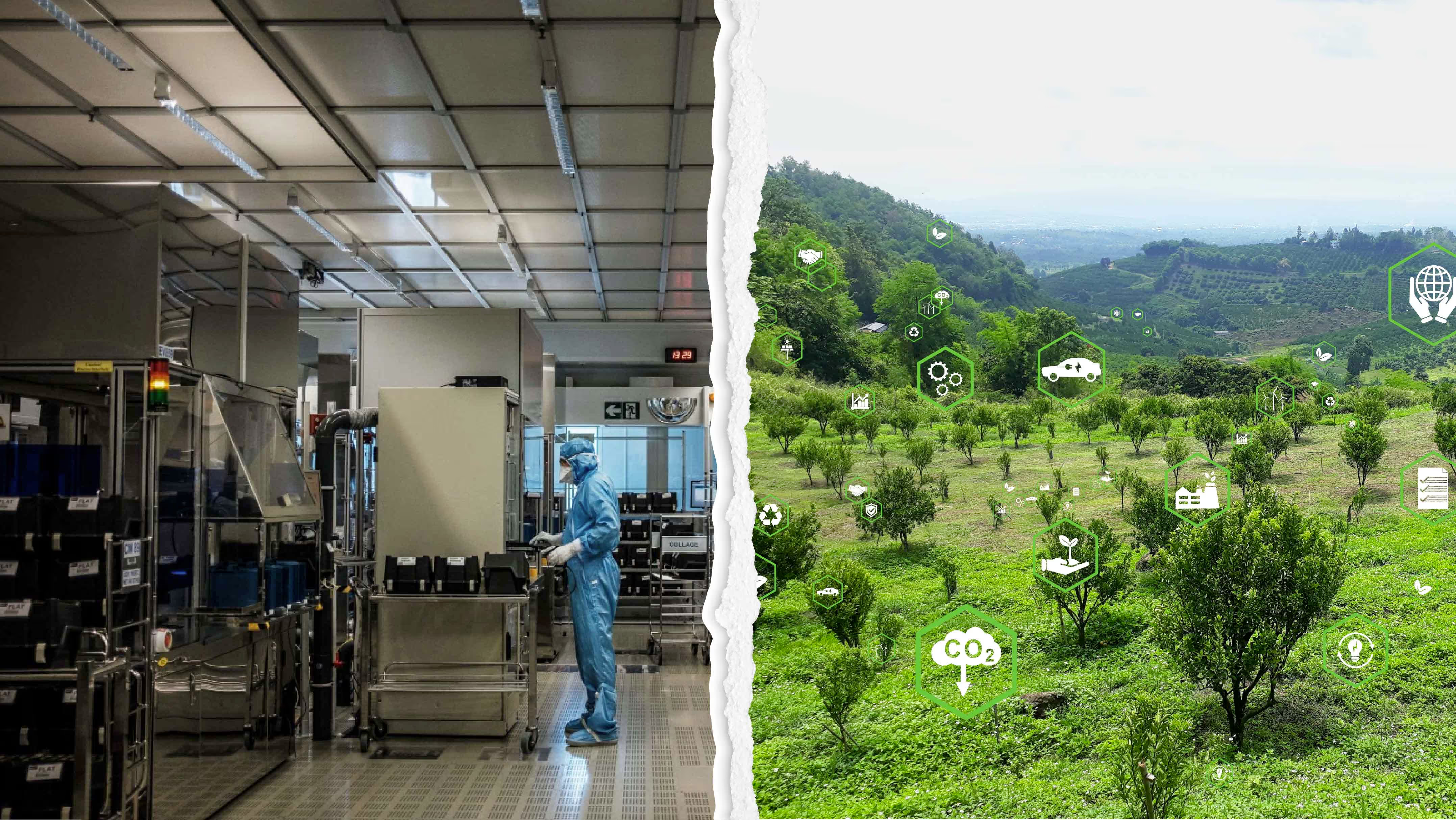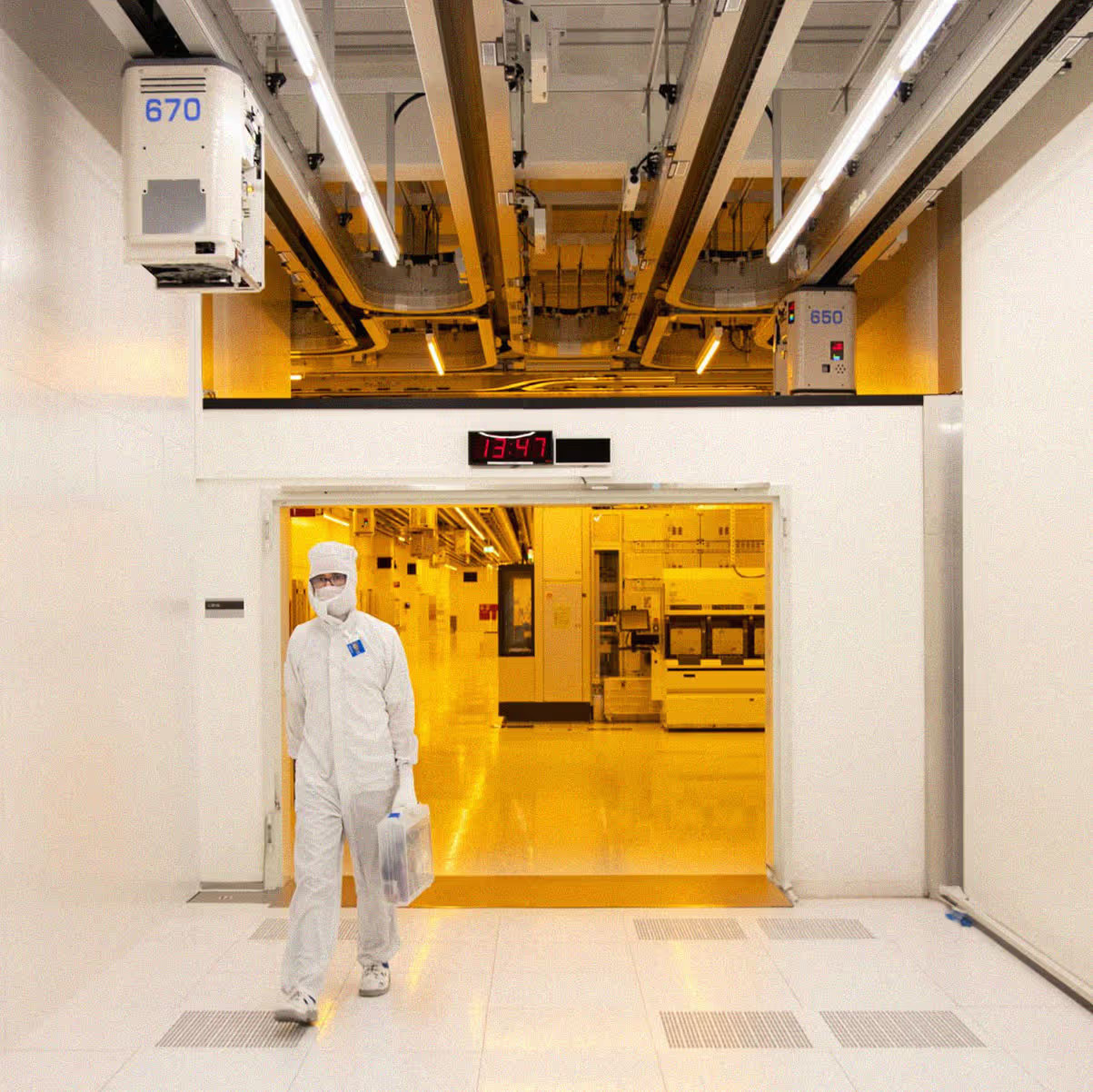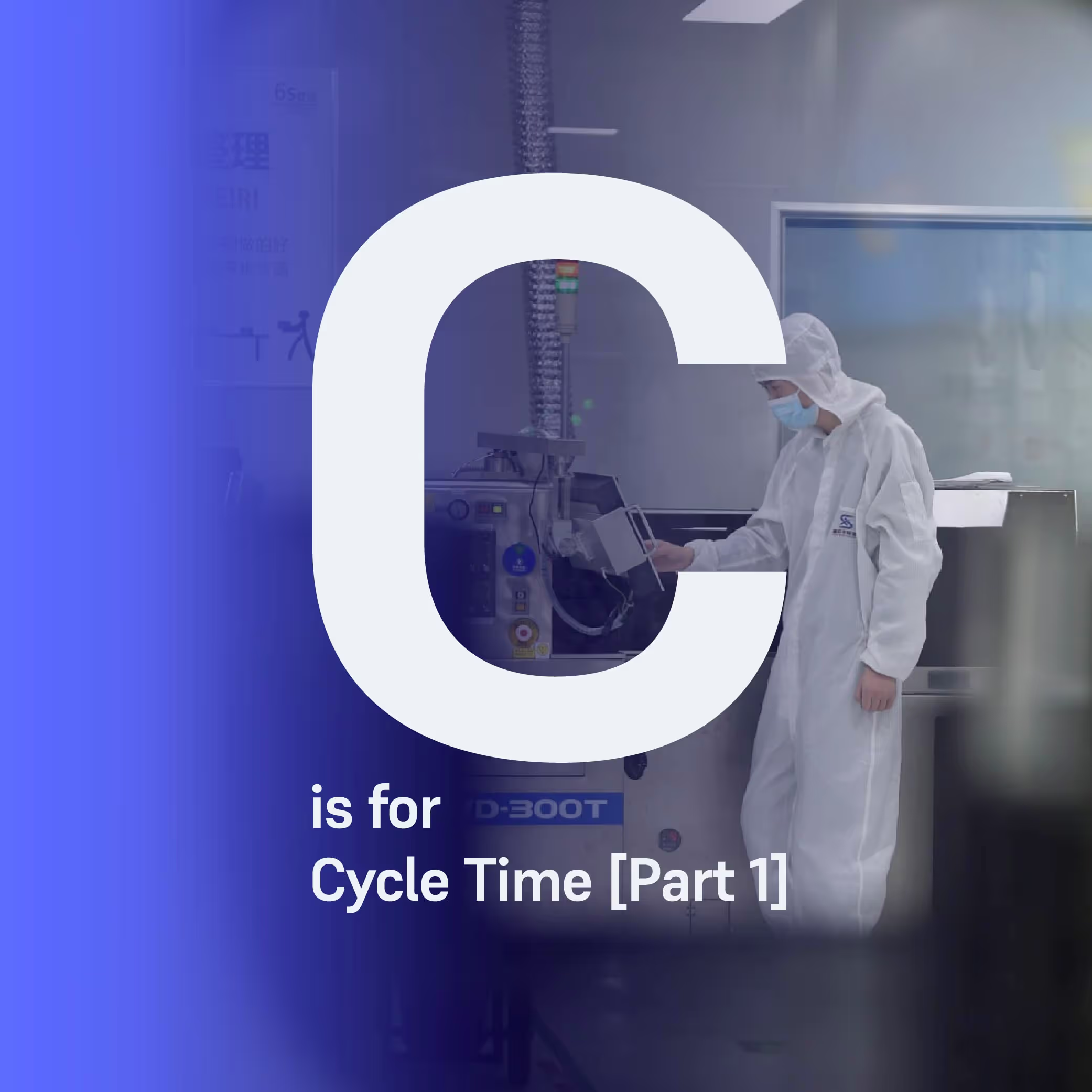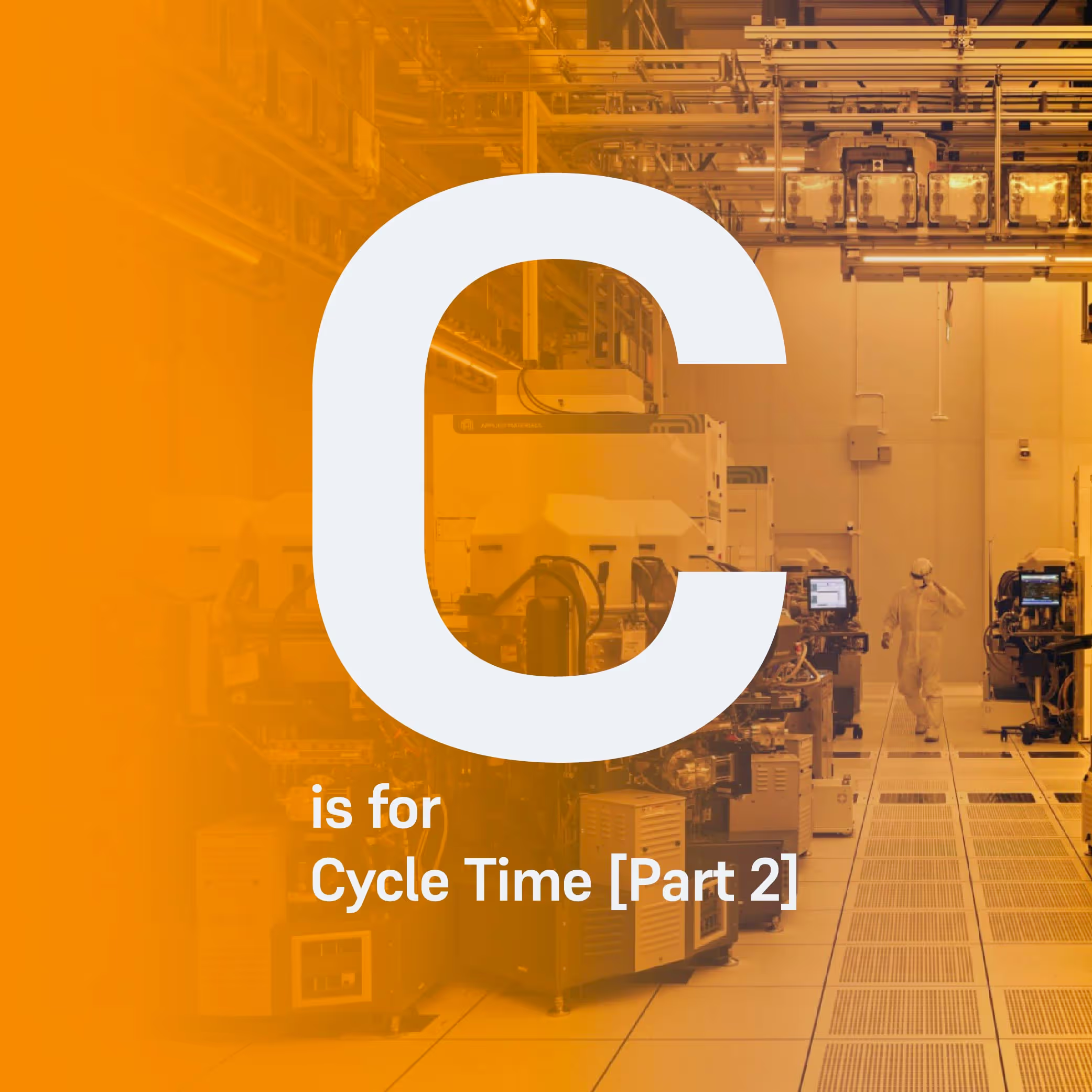Enabling chipmakers to power the future
Flexciton develops cutting-edge production planning and scheduling software to help semiconductor manufacturers boost efficiency and transition towards autonomous operations.

The high cost of fragmented decision making
Chipmakers face market volatility, rising complexity, and a talent shortage—making agility essential. Success hinges on turning big goals like higher throughput or faster cycle times into smart, real-time decisions on the factory floor. But siloed teams often rely on legacy systems using old data, leading to fragmented decisions that drain efficiency, resulting in lost capacity worth hundreds of millions each year.

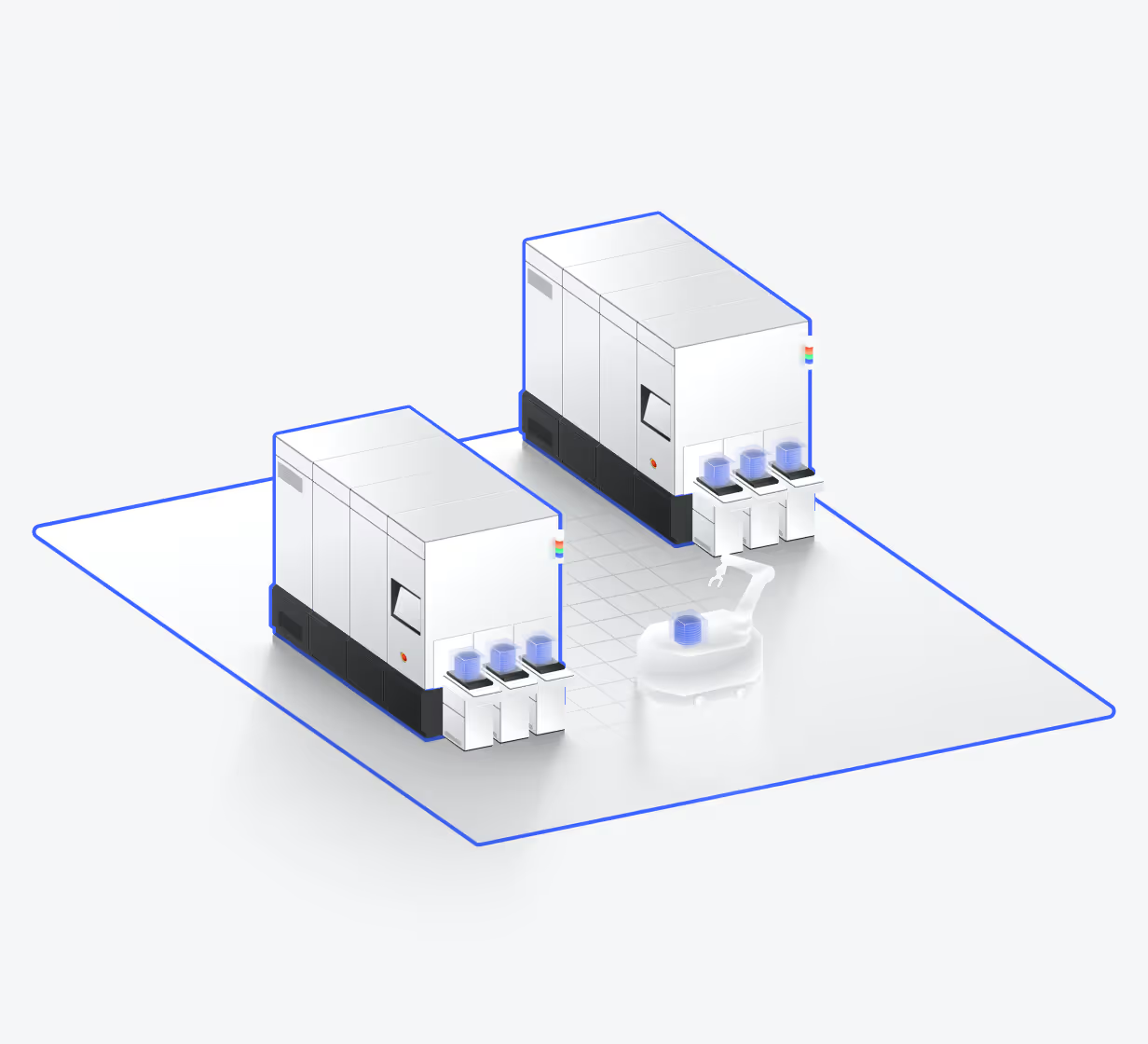
The shift towards autonomous operations
To overcome these pressures, leading fabs are moving toward greater automation and autonomy. Competing at scale demands more than incremental fixes—it requires an “intelligence layer,” a factory brain that predicts, adapts, and optimises in real time. By orchestrating operations end-to-end, this intelligence layer translates business goals into factory action, unlocking efficiency, agility, and growth.
The intelligence layer for better decision making
Flexciton provides this intelligence layer, replacing legacy planning with autonomous decision-making powered by optimisation and AI. We optimise every shopfloor decision in real-time, aligning revenue goals with factory execution. As your partner in autonomy, Flexciton helps you unlock the agility, efficiency, and performance that gives you a competitive edge on the path to the Autonomous Fab.

Meet the co-founders
Flexciton’s co-founders spent years in the industry, seeing first hand the problems that manufacturers face when planning and scheduling production. Companies recorded vast amounts of data about their operations, but they struggled to learn anything meaningful from it.
Through their combined technical experience in optimisation, data science and computer programming, Jamie and Dennis started to uncover how insights could be learnt from this industrial data to drive significant efficiency improvements.

Serving as CEO, Jamie drives the company's vision of enabling autonomous factories. He led the commercialisation of Flexciton's cutting-edge technology within the industry and expanded its global customer base across the US, Europe, and Asia. Under his leadership, the product suite grew to a comprehensive Autonomous Technology offering and the company secured over £22.5 million in private and government funding.
Jamie is a founding member of the SEMI Smart Manufacturing Committee for Europe and has represented the UK deep tech sector in the UK government. An Oxford graduate (top of his year in Mathematics & Statistics), he was named to the Forbes 30 Under 30 list in 2018.

As CTO, Dennis Xenos turns bold ideas into factory-floor results. With a PhD in industrial optimisation from Imperial College London, he co-founded Flexciton, built its models-first platform, and recruited a world-class team.
His hybrid optimisation technology is present in some of the world’s most complex factories, unlocking hidden capacity worth tens of millions per site.
Under his leadership, Flexciton has secured multi-year contracts across Europe, the US, and Asia, and published research shaping smart manufacturing. He’s an active member of the SEMI Smart Manufacturing America and a frequent speaker on autonomous production.
Partner with us for your transition to a more autonomous factory
With the largest team in the industry dedicated to solving the problem of planning and scheduling and a track record of boosting fabs' performance, Flexciton is the right partner for your autonomous factory transition.
Experts dedicated to semiconductor manufacturing optimization
Technical publications in operations research and optimization
Patents in mathematical optimization technology
We’ve worked with more than 25 different fabs around the world (and counting…)
Useful resources
Stay up to date with our latest publications.
Join a world class team
We’re always looking for exceptional talent to join our team! Even if you don’t see your ideal role listed in our current openings, we’d still love to hear from you. Feel free to connect with us and share your resume - there might be a future opportunity that’s the perfect fit.





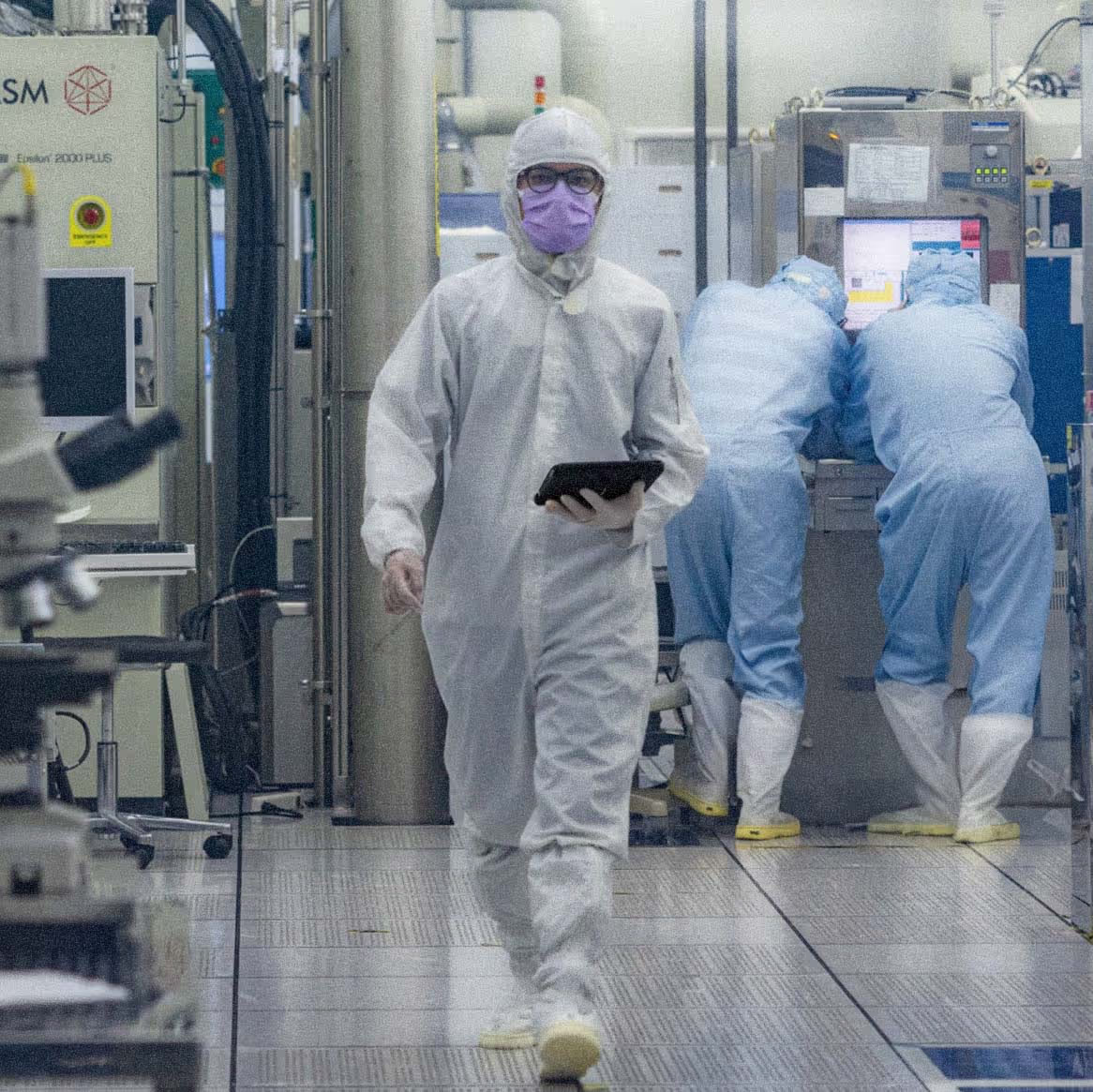

.avif)
.avif)
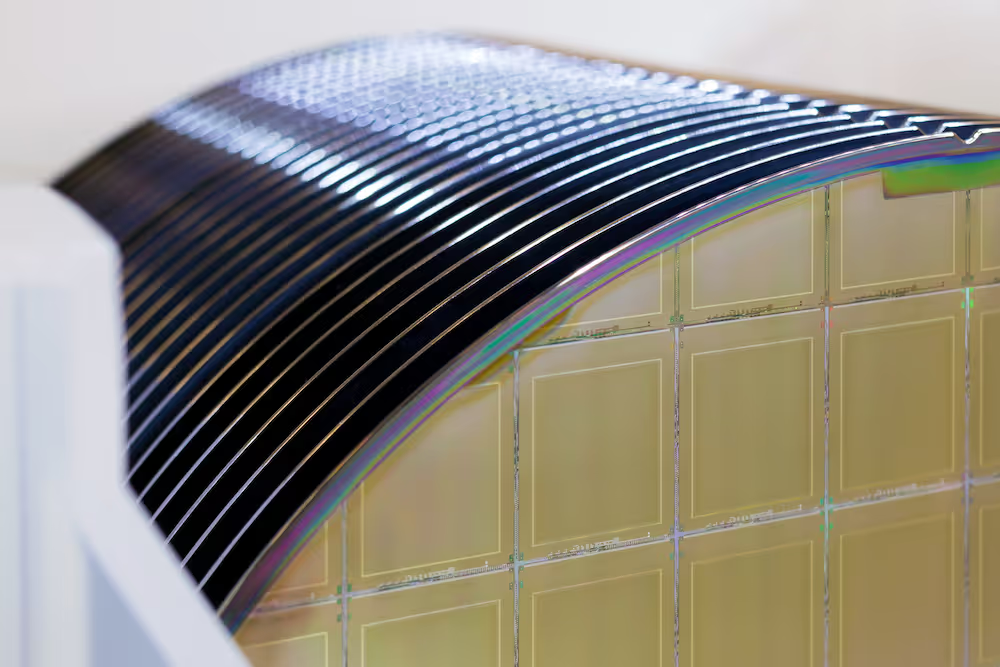















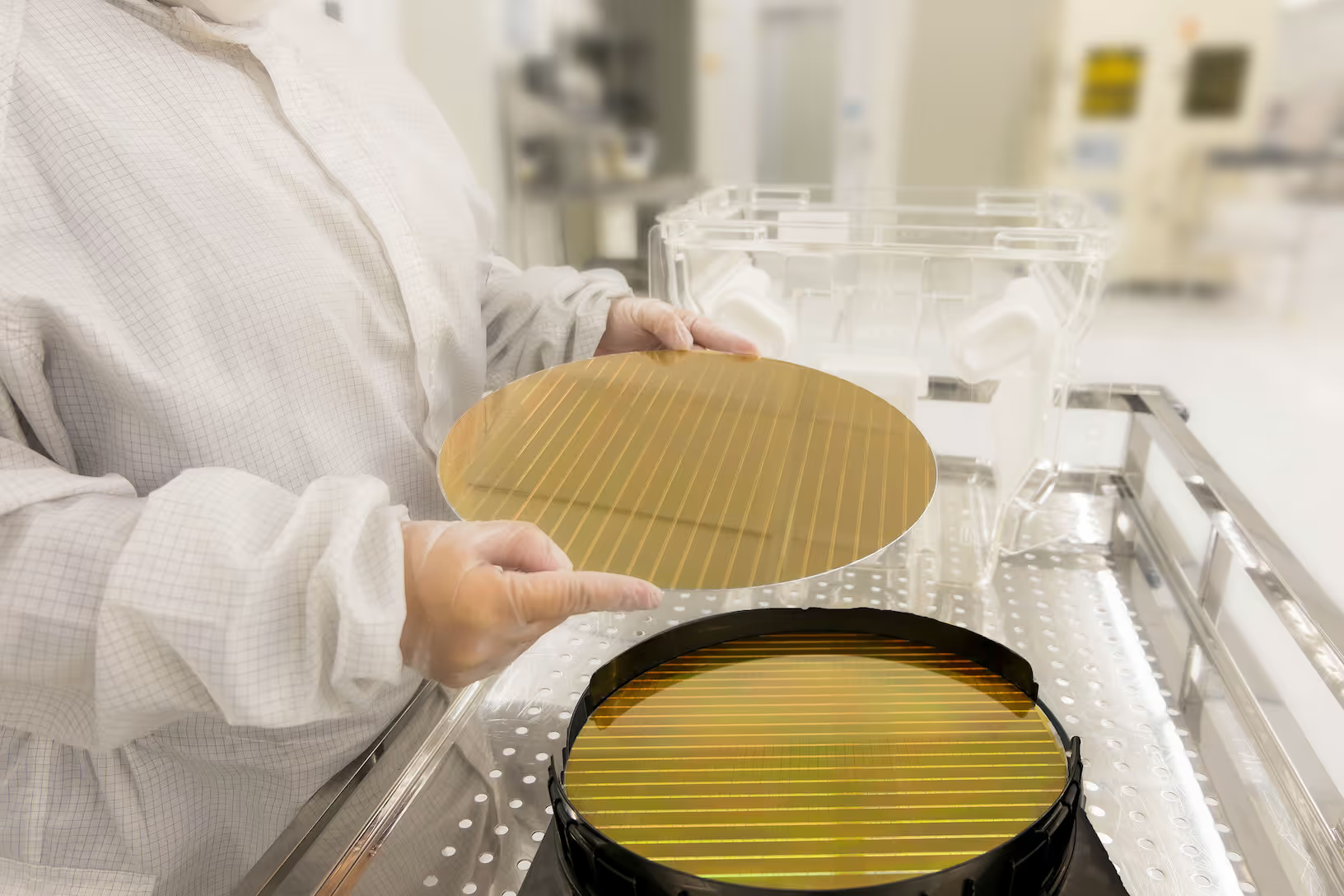


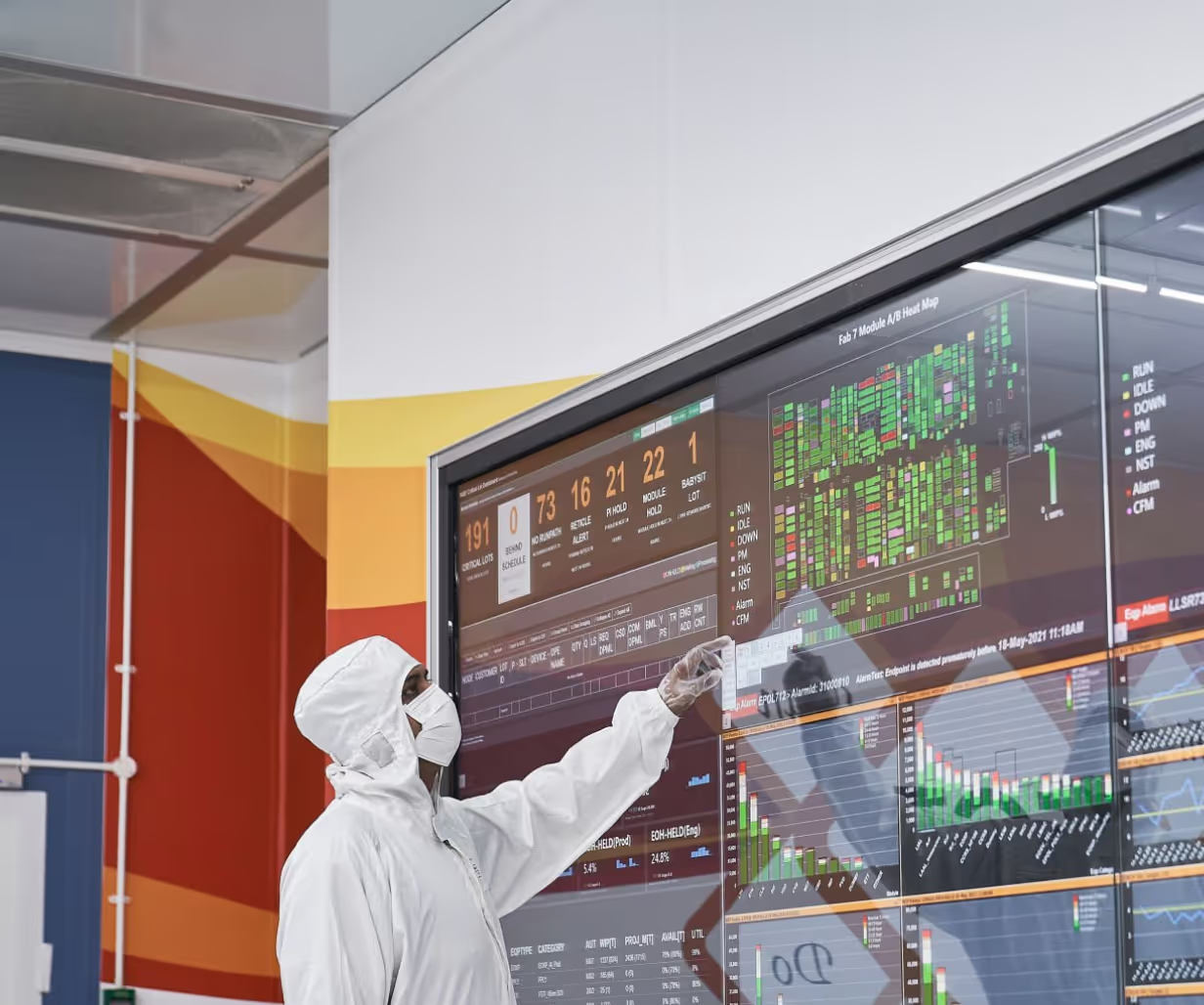


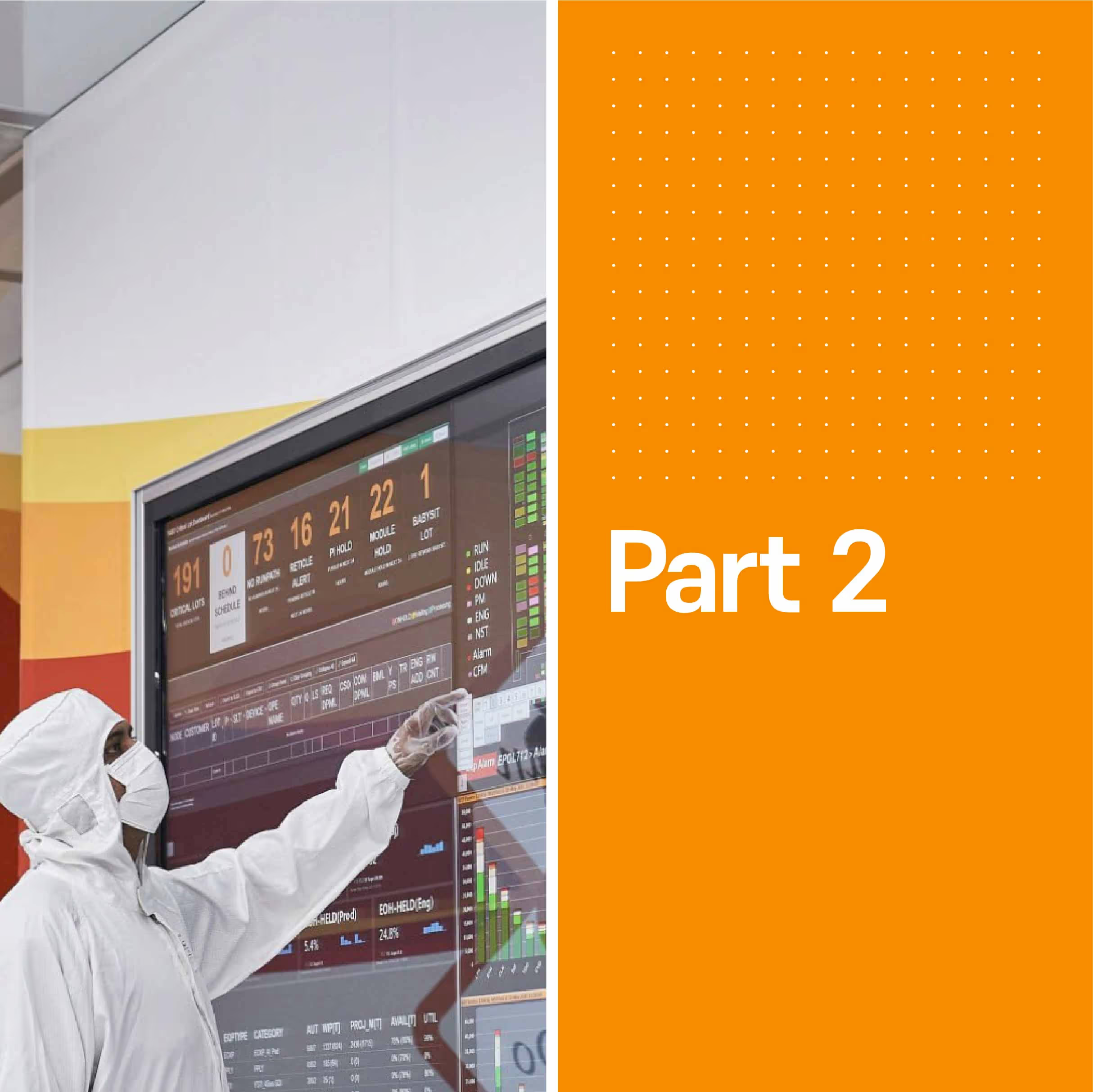



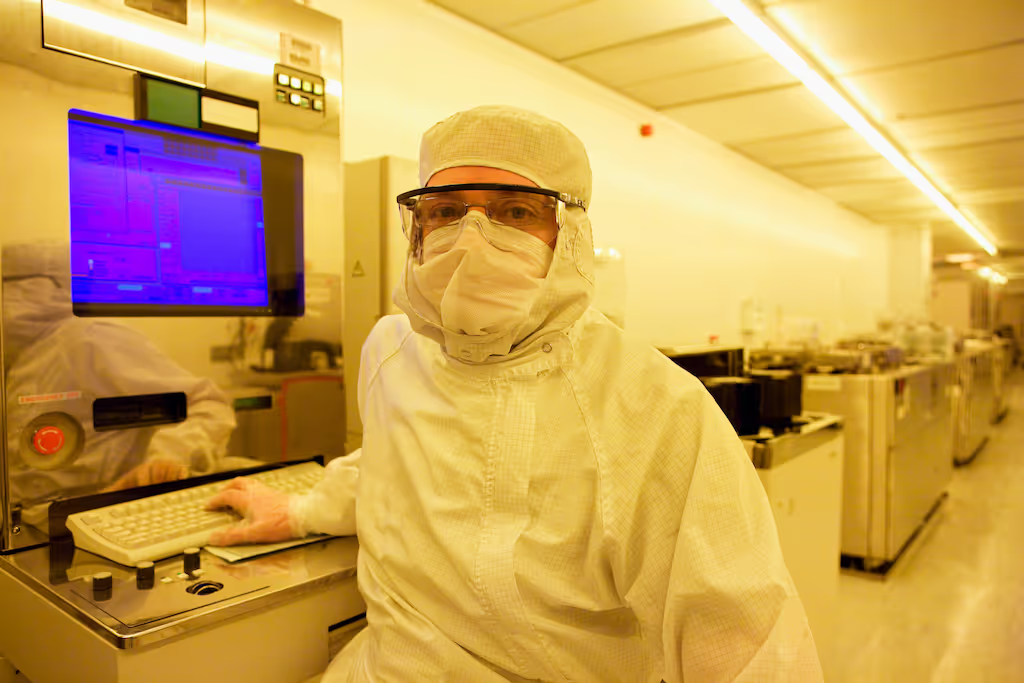
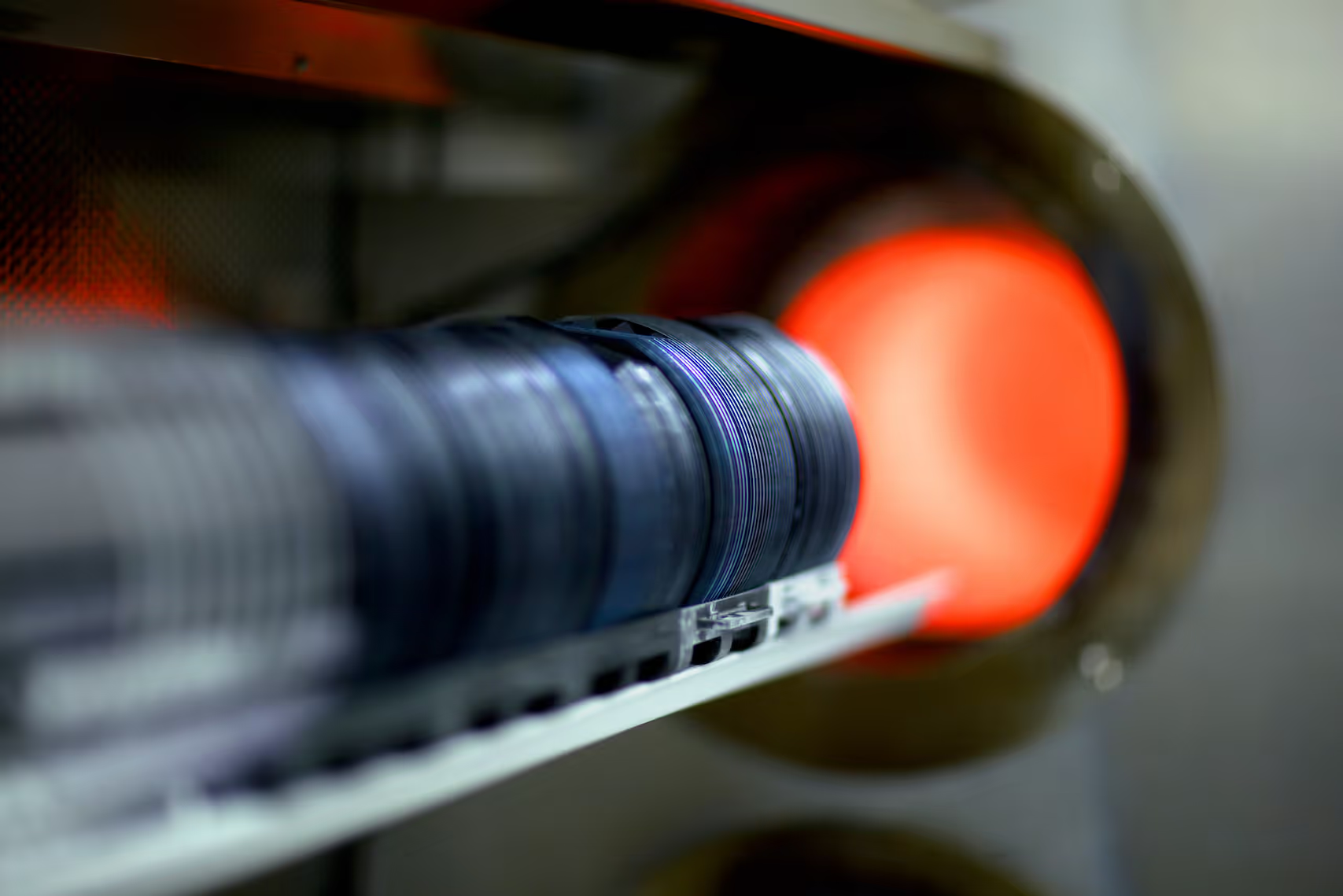


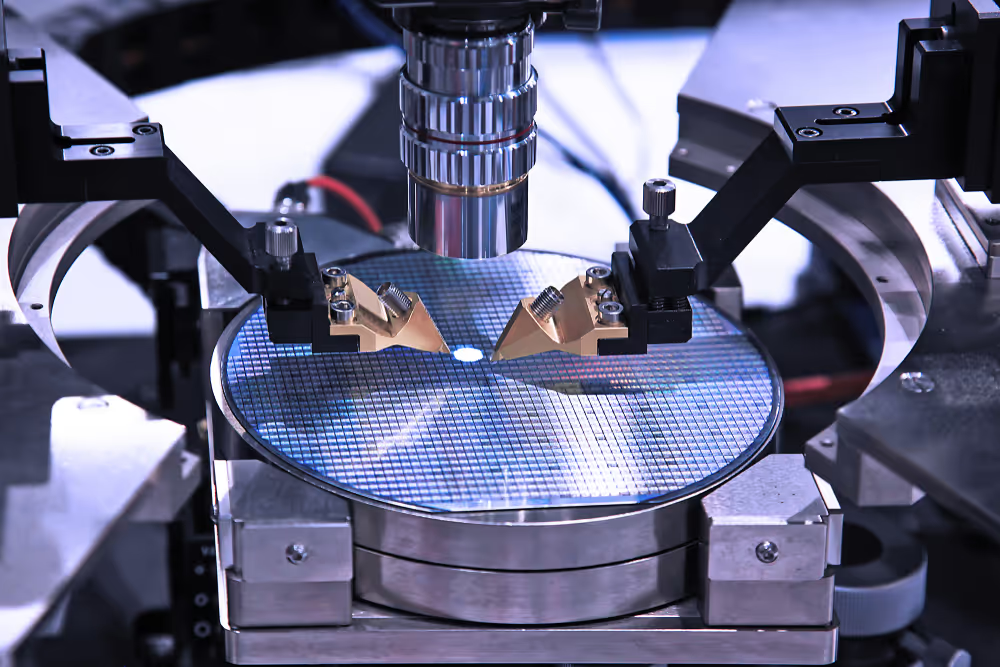
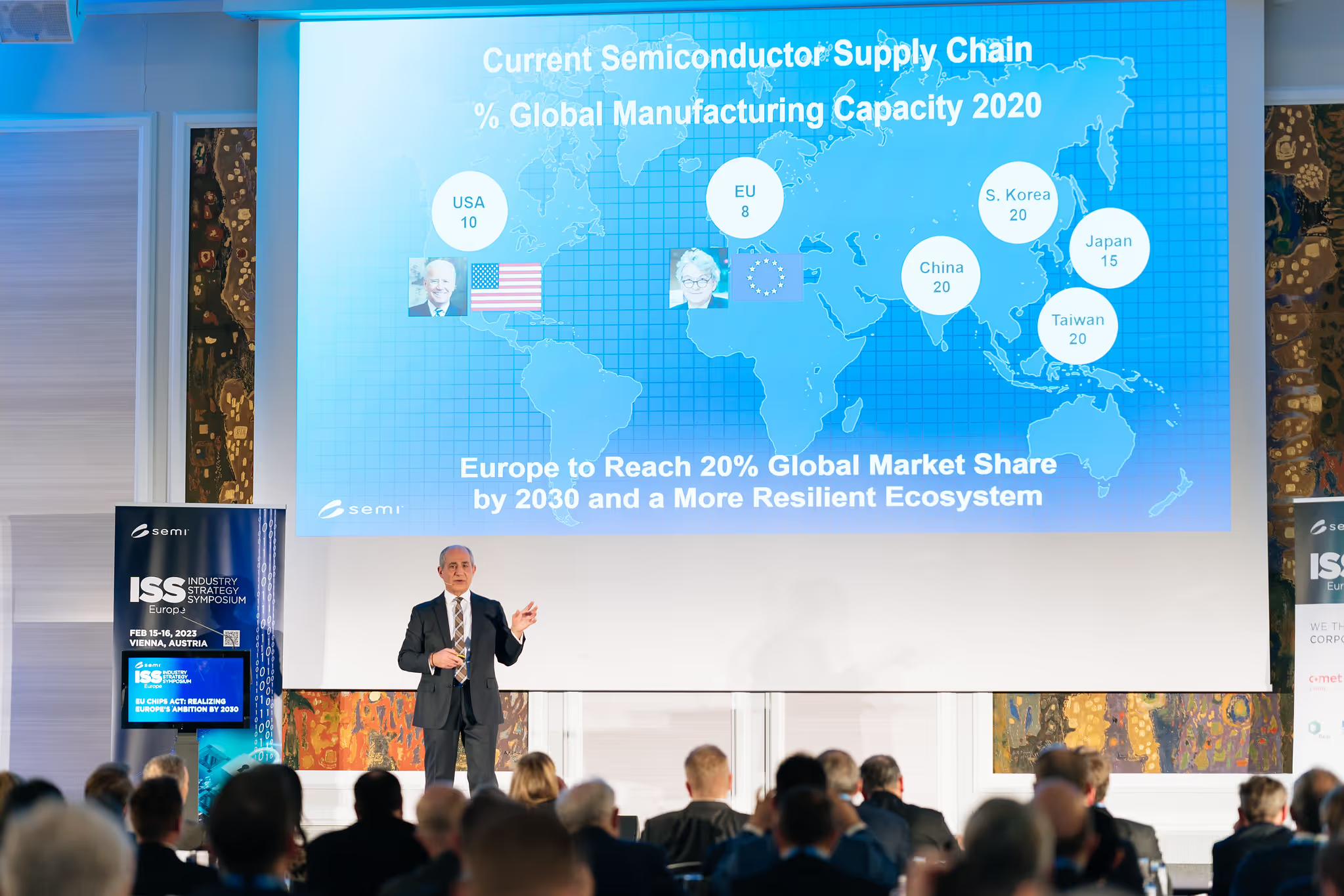

.avif)
